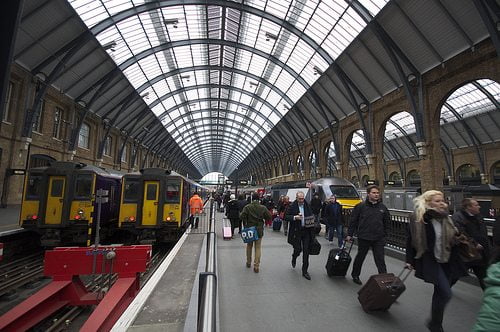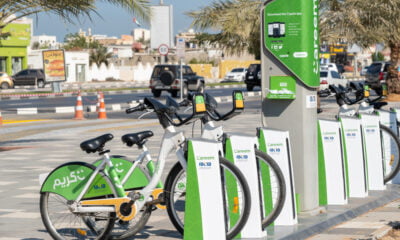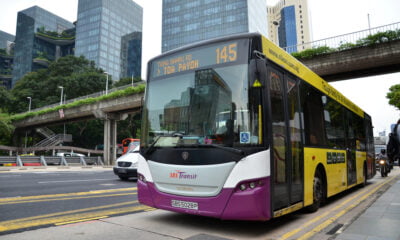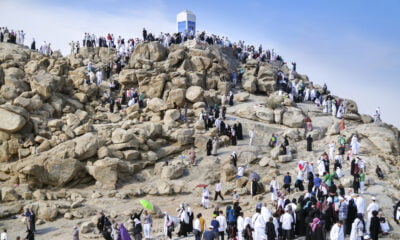

Economy
Rail fares increases ‘easily outstrip the soaring housing market’
Thousands of people are protesting at train stations across the UK, after it was announced that rail fares in England are set for an above-inflation rise.
The hike will apply to fares regulated by the government, such as season tickets. They will rise to 4.1%, 1% on top of July’s retail prices index inflation figure, which was also revealed on Tuesday Unregulated fares set by individual train operating companies could rise even higher.
2014 will be the 11th year in a row that commuters have faced above inflation rise.
Rail union RMT says that rising rail fares “easily outstrip the soaring housing market”. Between 2003 and 2013, they say that rail fares have increased by 57.7%, while the average house price has rose by 36.7%.
Bob Crow, general secretary of RMT, said, “While rail fares are rising by nearly 10% on some routes, the private train companies are in there stitching up secret franchise extensions with the government that are a one-way ticket to the bank for the shareholders who couldn’t care less about passengers and staff.
“The money ripped off from rail passengers under privatisation has even put the booming house market in the shade.”
The protests are part of the Trade Union Congress’ (TUC) Action for Rail campaign, and will take place today at stations from Glasgow to Southampton.
The campaigners claim that since 2008, rail fairs have increased three times faster than the average wage. They call for Britain’s railways to be taken back in public ownership, saying that £1.2 billion every year is squandered through the inefficiency of rail privatisation.
Recent polls have shown that public opinion may support the renationalisation of rail networks. A poll in the Guardian said 93% of people were in favour. Meanwhile, polls from GfK/NOP and MSN News said 70% and 75% were in support respectively.
In January, Network Rail announced plans to invest £37.5 billion into Britain’s rail infrastructure, promising faster journeys, with more seats available and lower emissions over the next five years.
David Higgins, Network Rail chief executive, said at the time, “As our railway gets busier the challenges get bigger and more complex.
“We have entered an era of trade-offs. Increasingly we have to balance the need to build more infrastructure, run trains on time and cut costs, and in many areas choices will need to be made.”
Further reading:
‘State-of-the-art’ trains a ‘boost’ for passengers, says transport secretary
Rail investment will speed up journeys and lower emissions
‘Still unclear’ if HS2 will be economically beneficial
Unsustainable rail price fare rises for 10th successive year


 Features9 months ago
Features9 months agoWhat is the Eco-Friendliest Option to Wash Your Dishes?

 Environment12 months ago
Environment12 months agoBuilding a Career in Green Construction: Tips and Insights

 News10 months ago
News10 months ago5 Ways Fleet Maintenance Software Can Help Businesses Be More Eco-Friendly

 Features10 months ago
Features10 months agoAddressing Pressing Ethical Concerns with Crypto Exchanges





























